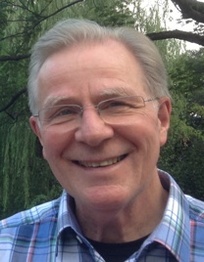 Dates: 7 - 21 September Article: Unpackaging the past: 'CLT' through ELTJ keywords, by Duncan Hunter and Richard Smith. Moderator: Alan Waters, Lancaster University The discussion will take place in the Research SIG's Yahoo!Group, which is open to members and non-members of the SIG alike. Link to article: http://eltj.oxfordjournals.org/content/66/4/430.full Link to video: http://www.youtube.com/watch?v=Hh33hQEiRjo&feature=youtu.be Abstract: "ELT history is often viewed as a succession of methods, but such a view tends to rest on a ‘packaging up’ and labelling of complex and often contested past developments. This process ignores both continuity with earlier developments and diversity of contemporary opinion and often seems to serve as a way to clear the ground for self-proclaimed ‘progress’. This article describes a study that was undertaken to promote an alternative view of the past. Taking as a starting point the way communicative language teaching (CLT) seems to be currently in the process of being packaged up in readiness for the ‘dustbin of history’, the study combined corpus-based and qualitative procedures to explore keywords in ELTJ articles during the early communicative period. By identifying themes discussed by contemporary writers themselves, we highlight areas of continuity with ‘pre-communicative’ methodology, and diversity within the communicative discussion itself, thus subverting the assumption that there was ever a wholly distinct, unitary, or ‘classical’ CLT to be lightly superseded." Alan Waters, who will moderate the discussion of this article, was, until his retirement in 2012, a Senior Lecturer in the Department of Linguistics and English Language, Lancaster University, England. He has taught EFL in Sierra Leone, Kuwait, and the UK, and trained teachers in Thailand, the UK, Hong Kong, and several other parts of the world. He has published a number of books and articles on a range of ELT topics. His main ELT interests are language teaching methodology and materials, teacher learning, and managing innovation. Email:[email protected] To help you get ready for the discussion, here are some possible questions, suggested by Alan, apart from ones you might have of your own: Q. 1. Days 1 – 2. In the ‘Introduction’ section of the paper (pp. 430-432), do you feel the characterization of the treatment of methods in books such as Larsen-Freeman and Richards and Rodgers is accurate? And if so, do you also agree that this treatment is problematic? Q. 2. Days 4 - 5. What do you think of the research procedures described from p. 432 to the top of p. 434? Would you have modified the research approach in any way? If so, how? Q. 3. Days 7 - 8 In the section on ‘The big picture: 1981–1986 versus 1958–1973 keywords’ (pp. 434-5), what do you feel about the nature of the data presented? Do you agree with the authors’ analysis of them? Q. 4. Days 10 - 11 In the section on ‘ Uncovering complexity: qualitative analysis of keywords in context’ (pp. 435-8), what do you see as the authors’ main claims here? What do you think of them, especially in relation to the overall argument (i.e., the distorted nature of the conventional picture of methods)? Q. 5. Day 12 - 13 What do you think the implications of the ‘Conclusion’ section (pp. 438-9) might be for i) further research and/or ii) teacher education? 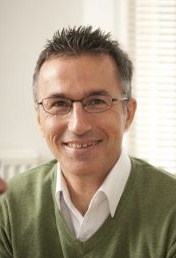 Date: 23 October 2014 Presenter: Simon Borg Location: Hilton, Malta Registration deadline: 1st October, 2014 Time: 09.30-16.30 Cost: 45 Euros What does 'good quality' ELT research look like and what steps can we take as researchers to maximize the quality of the work we do? These are the central questions that this workshop will focus on. We will break the research process down into three distinct components - planning, doing and reporting - and consider ways of enhancing the quality of each. By the end of the workshop (which will be suitable for novice and more experienced researchers) participants will be aware of the criteria against which the quality of ELT research can be defined and in a stronger position to plan, conduct and publish good quality ELT research themselves. Specific issues we will discuss are: • The good researcher • Dimensions of research quality • Quality in planning research • Objectives and research questions • Research design • Quality in conducting research • Enhancing quality in data collection & analysis • Quality in reporting research • Criteria for assessing research quality Simon Borg has been involved in ELT for over 25 years working as a teacher, teacher educator, lecturer, examiner, researcher and consultant in a range of international contexts. After 15 years at the University of Leeds, where he was a Professor of TESOL, Simon now works full-time as an ELT consultant. He specialises in the design, delivery, evaluation and study of teacher education and development programmes, teacher research initiatives, and research methods training. He is recognised as a leading scholar in the study of language teachers and teacher education and maintains a strong academic profile through research, publications and speaking at international conferences. He is also an editorial board member for leading language education journals. Full details of his work are available at http://simon-borg.co.uk. 09.30 Registration and welcome coffee 10.00-13.00 Workshop Part 1 13.00-14.00 Lunch 14.00-16.30 Workshop Part 2 Further details and registration form: http://eflmalta.gov.mt/en/Pages/Conference-Registration-Form.aspx (to register for this event, select 'Thursday session €45 (09.00-16.30)' next to 'Sessions') 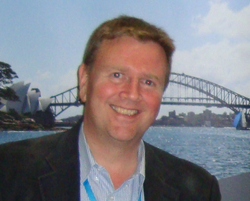 Dates: 28 April - 9 May Moderator: Philip Chappell, Macquarie University, Australia Location: https://groups.yahoo.com/neo/groups/resig/info Link to article: http://eltj.oxfordjournals.org/content/68/1/1.full.html?etoc Link to video: http://www.youtube.com/watch?v=AYLt-wb7PEY&list=UUJg43fASYmwa-pLlMQITVnw&feature=c4-overview The research reported in this article was undertaken in a response to claims that Dogme ELT/Teaching Unplugged does not have any empirical research which its proponents can use to support their claims. It focuses on one of the main claims and "buzzwords" of Teaching Unplugged enthusiasts, namely, that it is "conversation-driven". While reviewing the published literature, online discussions, and numerous blogs that have hosted discussions or debates around Unplugged Teaching, I became concerned that the term was being used by different people to mean different things, and it was unclear what role spontaneous talk was actually playing in the teaching/learning process in unplugged lessons. Therefore, I developed a guiding question to focus my research, namely, "If Dogme ELT is driven by conversation, yet natural conversation is not usually possible in the classroom, what kind of talk could best support its aims?"
Philip Chappell is a Lecturer in the Linguistics Department at Macquarie University, Australia, where he convenes the Postgraduate Certificate of TESOL. His research interests are in classroom talk, sociocultural approaches to teacher cognition, dialogic pedagogy, and professional learning for English language teachers. He is currently working on a book on interaction and pedagogic discourse in the classroom, due to be published in late 2014. He supervises research students at the Masters and Doctoral levels in TESOL-related areas. He is Editor of the English Australia Journal and actively supports ELT in Australia and the world. @TESOLatMQ (Twitter) 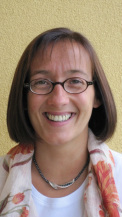 Dates: 11-22 November Guest Moderator: Sarah Mercer, University of Graz, Austria Location: ReSIG YahooGroup Sarah Mercer teaches at the University of Graz, Austria where she has been working since 1996. She completed her PhD at the University of Lancaster and her ‘habilitation’ at the University of Graz. Her research interests include all aspects of the psychology surrounding the foreign language learning experience, focusing in particular on the self. She is the author of ‘Towards an Understanding of Language Learner Self-Concept’ published by Springer and is co-editor of ‘Psychology for Language
Learning’ published by Palgrave and ‘Multiple Perspectives on the Self’ to be published by Multilingual Matters in 2014. This two-day conference, supported by the Research SIG and hosted by Gediz University, will showcase teacher-research from across Turkey and beyond. Plenary speakers will include Anne Burns and Dick Allwright.
The call for proposals for talks and posters is now open. For this, and for further details of event, see the conference website. 'Teachers Research!’ will be a special day dedicated to research by teachers for teachers, with supportive insights from Dick Allwright and Anne Burns.
There’ll be opportunities to present, discuss, listen, learn and get feedback for: • people completely new to teacher-research (TR),* but interested in it; • people doing TR who'd like the opportunity to present informally and get some feedback (e.g. in a group / talking next to a poster to a few people); • people doing TR who’d like the opportunity to present relatively formally/conventionally and wouldn't mind some more public feedback; • people working with teachers who'd like to introduce them to TR, and who would like to discuss this informally or formally; • teacher educators already supporting teachers in TR, and wishing to share ideas and experience and get feedback; • people with ideas they want to discuss about what TR 'should' be like. More details here |
AuthorWelcome to IATEFL ReSIG blog! Archives
September 2015
|
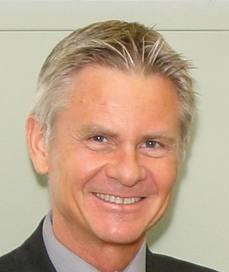
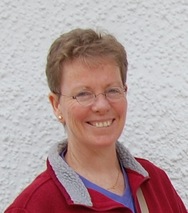
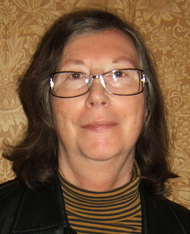
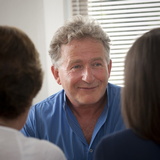
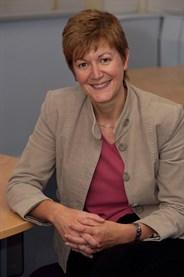
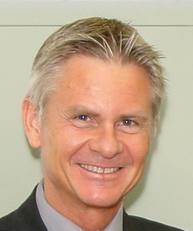
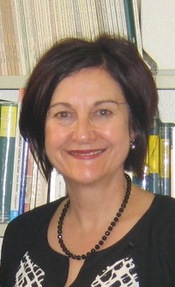
 RSS Feed
RSS Feed